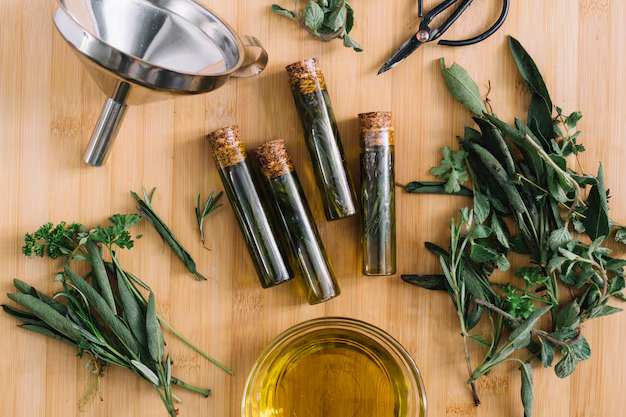
Did you know that Mediterranean cooking is often considered one of the healthiest cuisines in the world? A study found that Mediterranean diets, rich in vegetables, healthy fats, and lean proteins, can help reduce the risk of heart disease by up to 30%. So, why not bring some of these health benefits into your kitchen?
When we think of Mediterranean cooking, the first thing that comes to mind is likely the fresh ingredients that make this cuisine so flavorful and nutritious. But have you ever wondered what the key ingredients for Mediterranean cooking are? Whether you’re a seasoned cook or just starting, knowing how to work with these staples can transform your meals and bring authentic Mediterranean flavors to your table.
This is where Journey Culinary can help. Their Mediterranean cooking class in Longmont is the perfect introduction to the essential ingredients that define Mediterranean cuisine. By learning to work with these ingredients, you can bring the Mediterranean’s bright, fresh flavors into your everyday cooking.
Essential Mediterranean Ingredients
Let’s break down the key components that make Mediterranean dishes truly shine:
1. Olive Oil: Olive oil is the backbone of Mediterranean cooking. Not only is it packed with healthy monounsaturated fats, but it also brings a rich flavor that’s perfect for everything from dressings to sautés. Use it as a base for sauces or drizzled over roasted vegetables to enhance their taste.
2. Herbs: Mediterranean herbs like basil, oregano, rosemary, and thyme are used in abundance to flavor meats, vegetables, and salads. Fresh herbs can transform simple dishes into something extraordinary, and the best part is they’re incredibly easy to grow in your own backyard.
3. Garlic and Onion: Garlic and onions are used as the foundation for many Mediterranean dishes, offering depth of flavor. From stews to pastas, these ingredients are never far behind.
4. Citrus: Lemons and oranges are common in Mediterranean cuisine. Their zesty acidity balances out the richness of olive oil and meats, adding brightness to dishes.
5. Nuts and Seeds: Almonds, pine nuts, and sesame seeds add crunch and flavor to Mediterranean recipes. They’re often sprinkled over salads or incorporated into baked goods like baklava.
Why Mediterranean Ingredients Matter
Learning how to use these ingredients can lead to healthier, more flavorful meals. They offer numerous benefits like high antioxidants, good fats, and vitamins that contribute to overall well-being. And when you’re preparing dishes using fresh, high-quality ingredients, you’re naturally setting yourself up for success in the kitchen.
Ready to Bring Mediterranean Cooking into Your Home?
How can you bring these ingredients into your own kitchen? It’s simple! By signing up for Mediterranean cooking classes near Longmont, you’ll get hands-on experience using these essential ingredients in authentic dishes. You’ll gain confidence in the kitchen, and the knowledge to whip up Mediterranean meals at home whenever you like.
Interested in improving your cooking skills and learning more about Mediterranean cuisine? Journey Culinary offers fantastic vegetarian cooking classes in Longmont, perfect for anyone wanting to master Mediterranean recipes.
Contact Journey Culinary today to book your spot in their next Mediterranean cooking class and start cooking with the best ingredient
